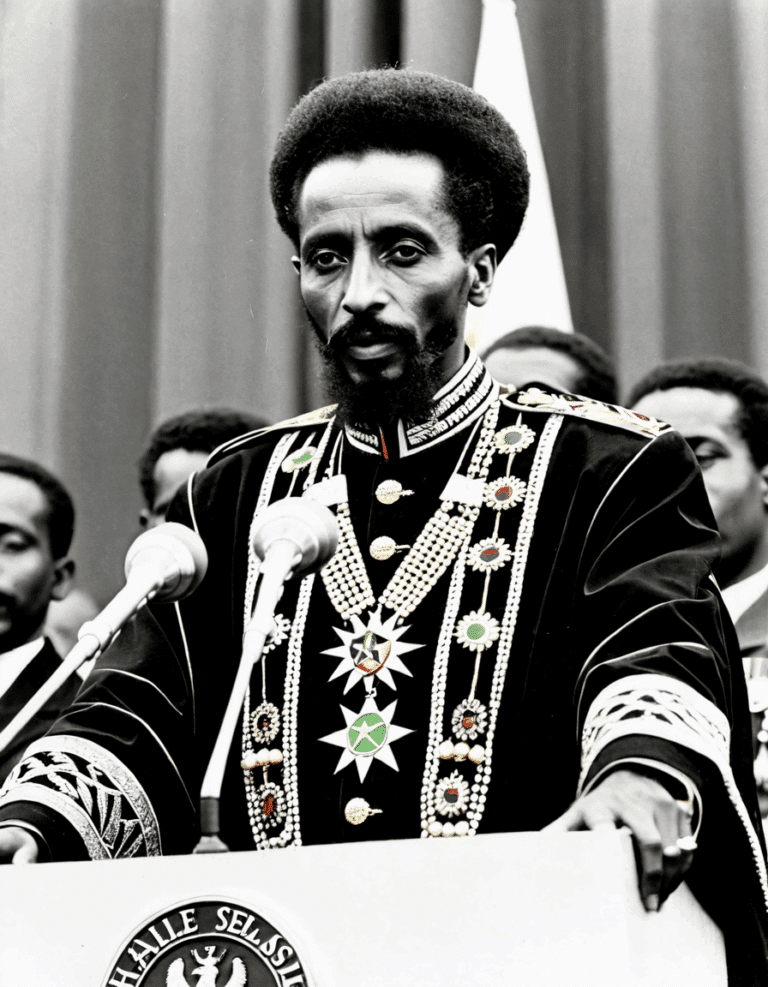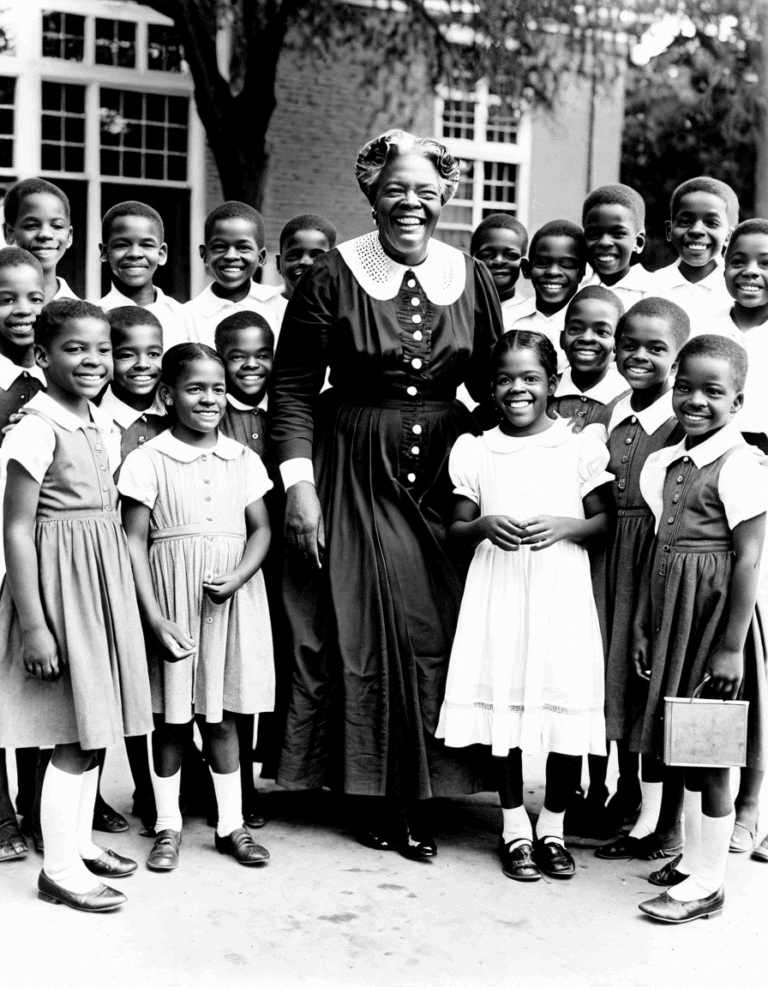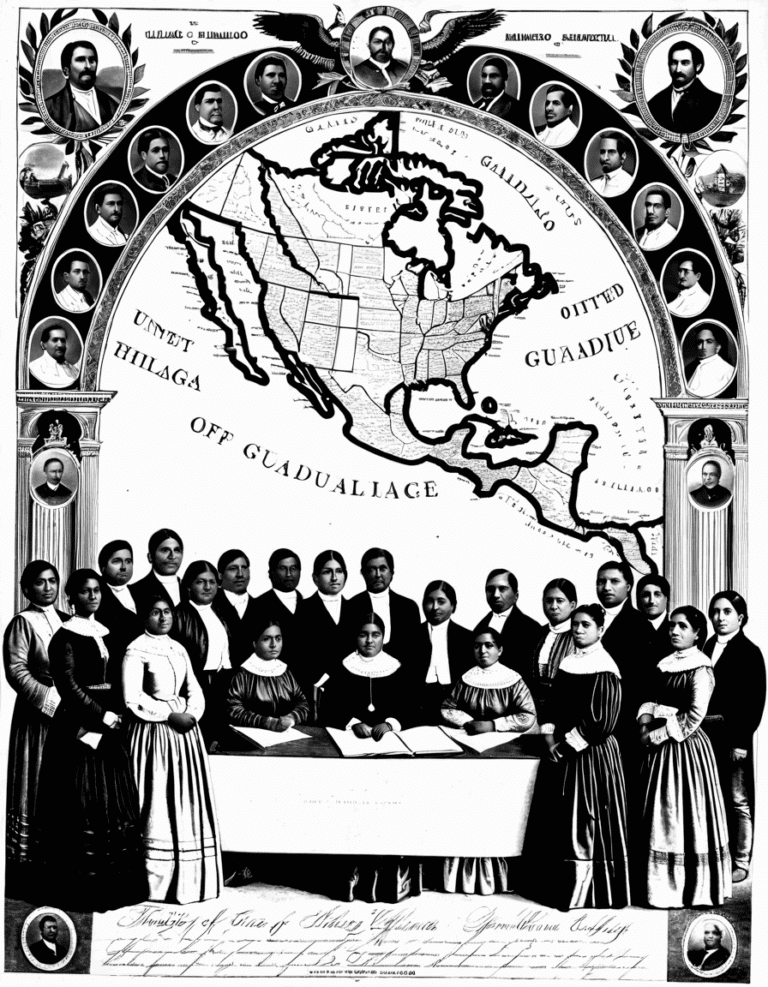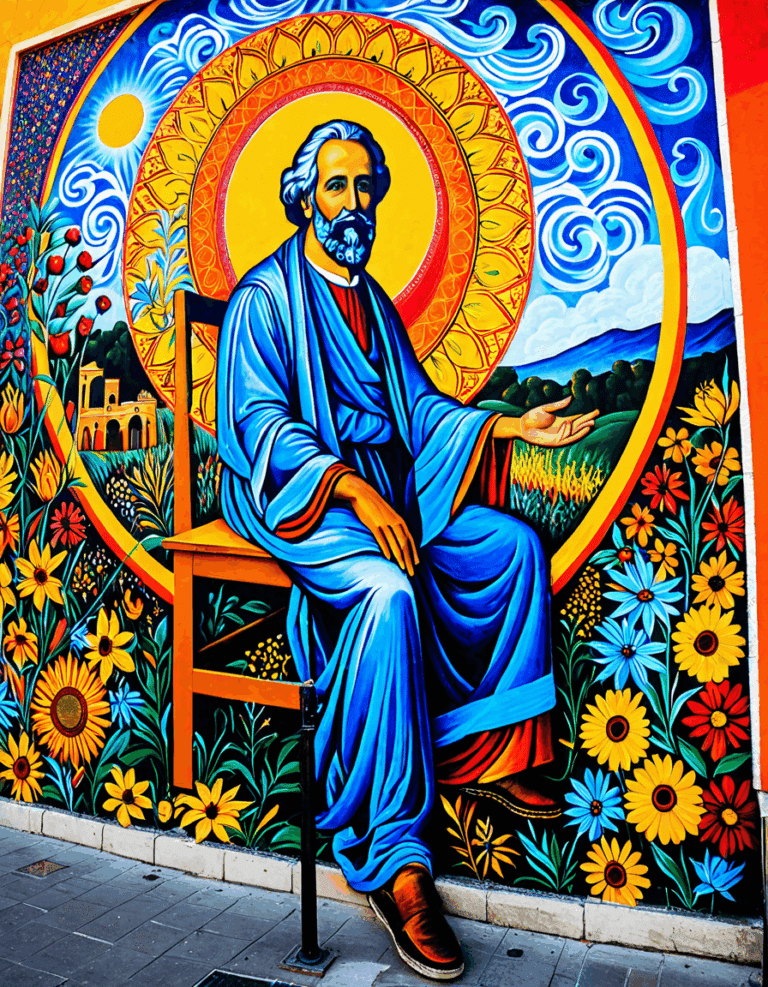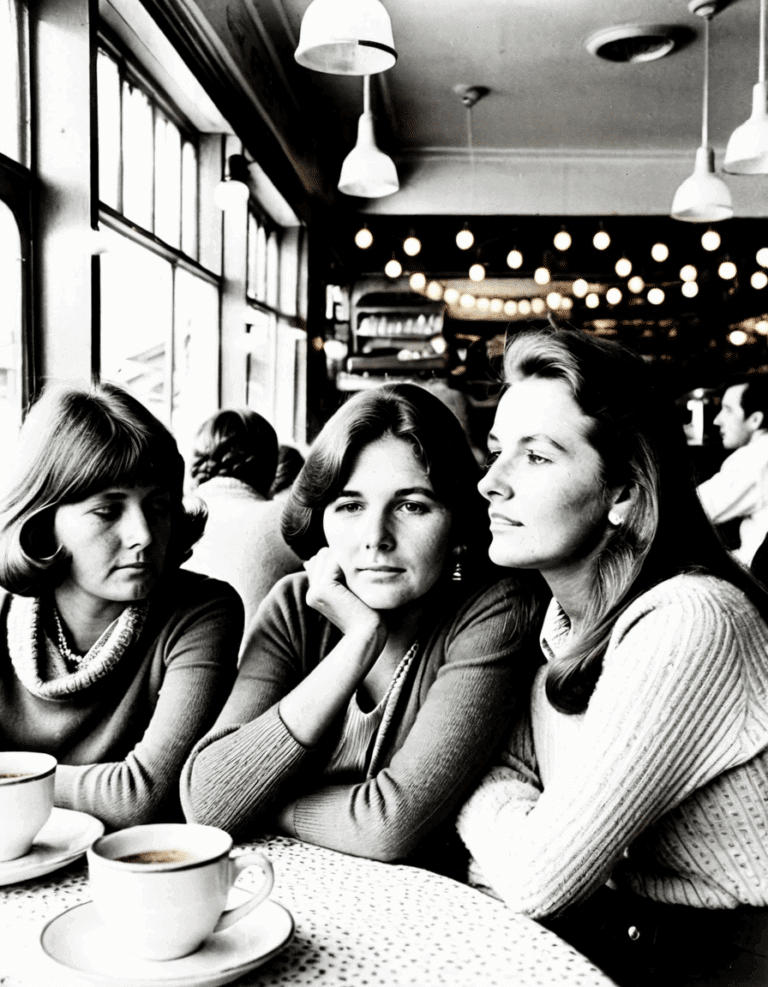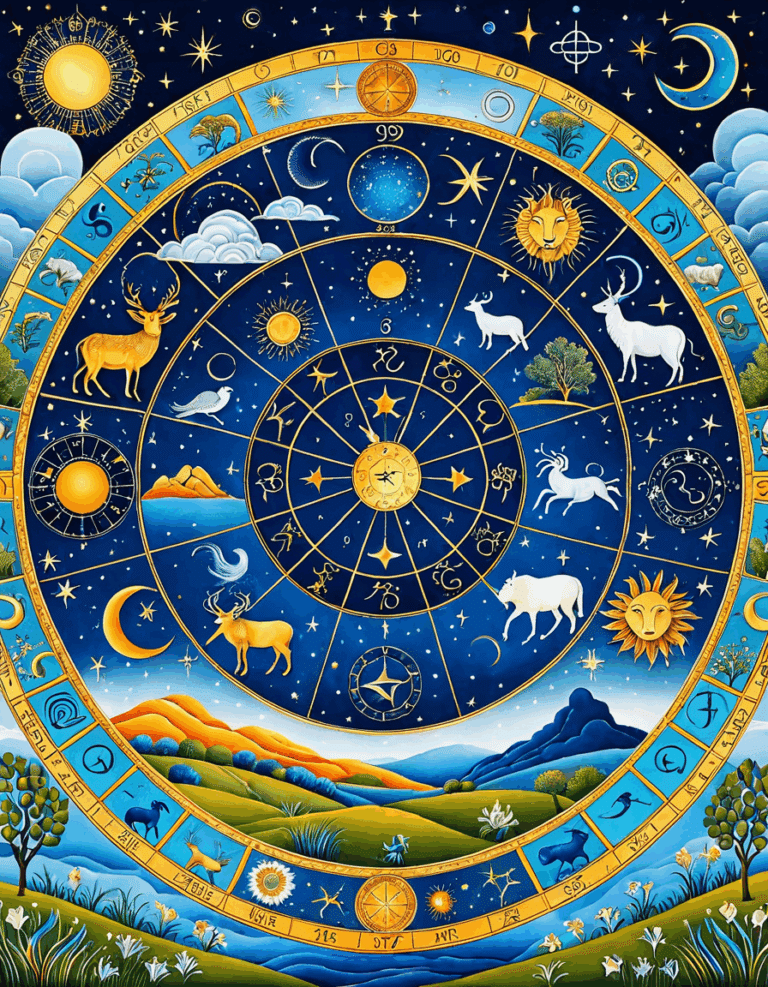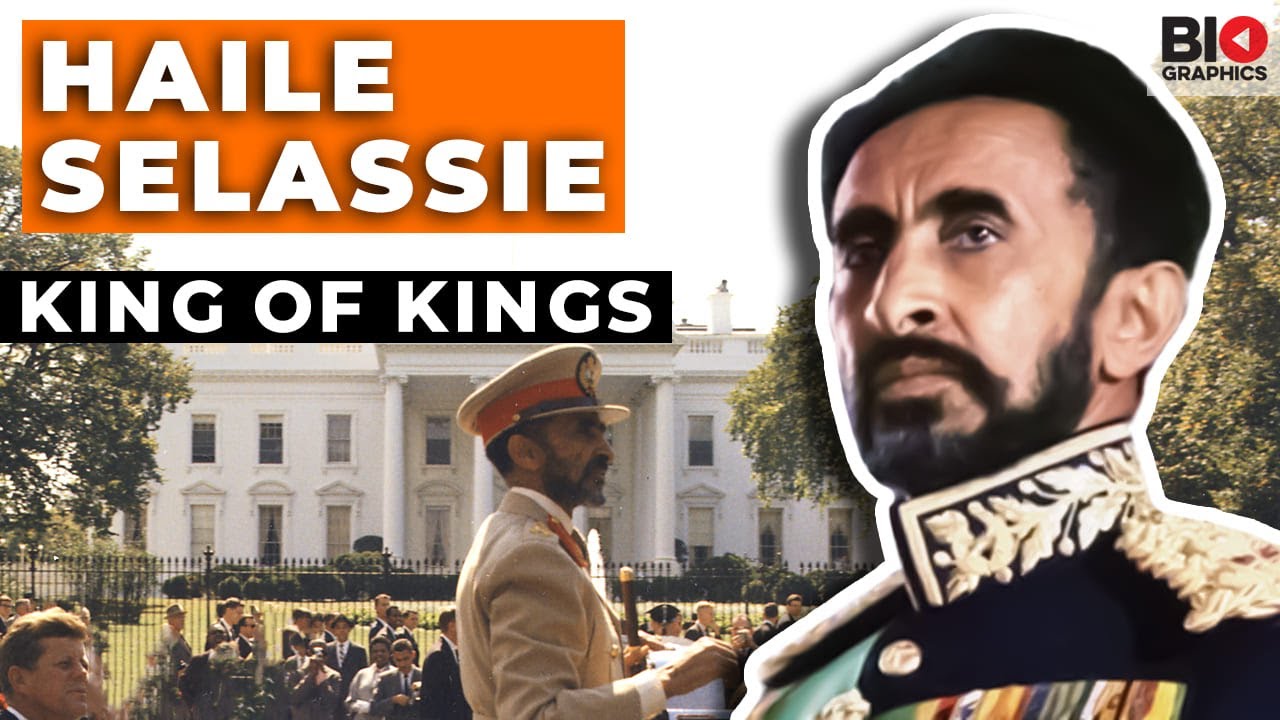
1. The Enduring Influence of Haile Selassie on Global Leadership
Haile Selassie, the last Emperor of Ethiopia, stands as a towering figure whose legacy transcends his time. His dedication to pan-Africanism and independence sparked movements across the continent and beyond. Selassie’s influence can be seen in the rise of leaders who, like him, believed in unity among nations, particularly as countries shed the shackles of colonialism. Leaders today continually look back at his diplomatic finesse and strong leadership ideals, learning valuable lessons that apply to their own challenges.
Selassie’s reign came during a period of intense global change. The aftermath of World War II marked the dawn of independence for many African countries. His diplomatic skills not only strengthened Ethiopia’s position but also paved the way for future discussions around collaboration amongst African nations. The formation of the African Union heavily reflects Selassie’s vision, modernizing his ideas to tackle today’s challenges.
What makes Selassie’s legacy particularly inspiring is his ability to blend tradition with modern governance principles. His vision of uniting African nations laid the groundwork for numerous subsequent movements, ultimately shaping the continent’s identity. Notably, figures like Nelson Mandela frequently cited Selassie as a source of inspiration in their fight against oppression, embodying the resilient spirit and commitment to justice that Hallie Selassie championed.
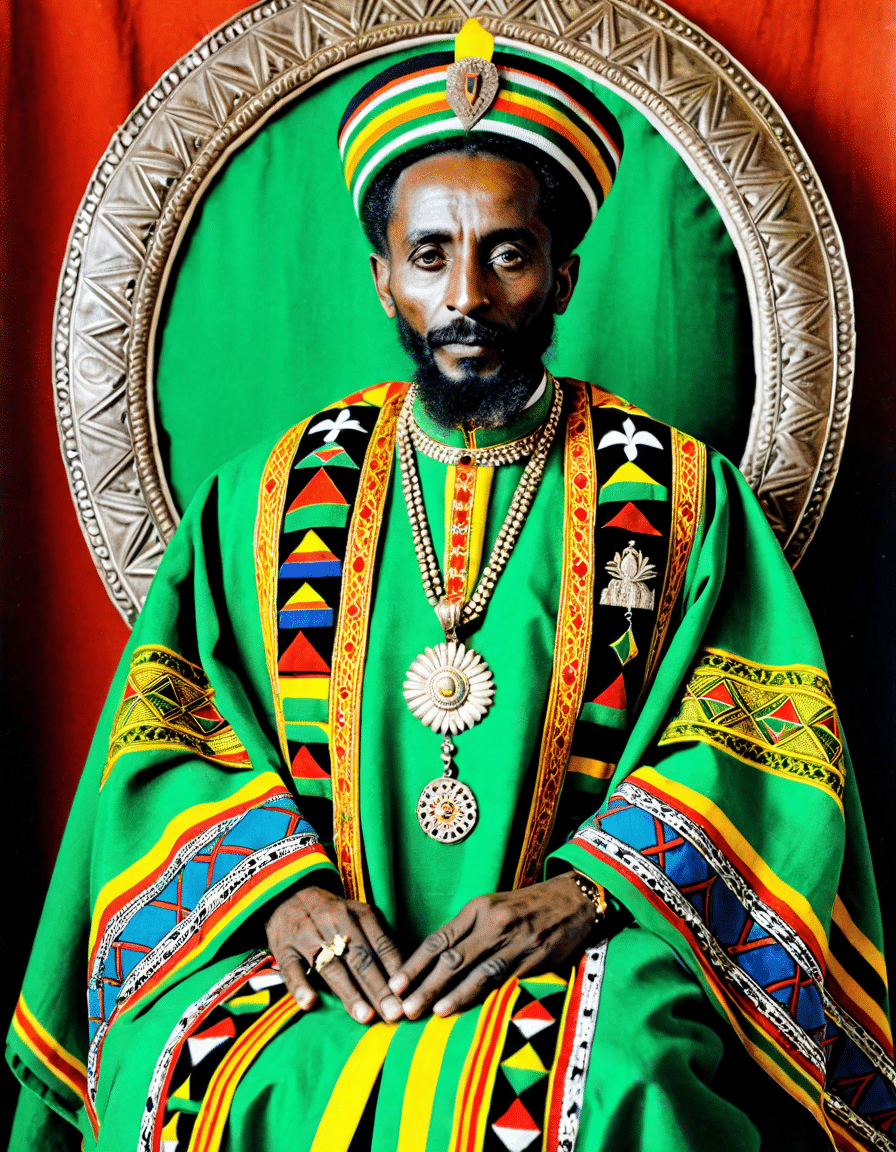
2. Seven Key Leadership Qualities of Haile Selassie
Selassie’s leadership style was as varied as it was impactful. Here are the seven key qualities that define his approach:
Selassie’s belief in a united Africa has echoed throughout history, culminating in initiatives like the African Union. His foresight can inspire today’s leaders to pursue cooperation rather than division.
His fierce resistance against the Italian invasion in 1935 showcased remarkable bravery. After returning from exile post-WWII, his determination to restore Ethiopia reflects the same tenacity shown by leaders such as Barack Obama and Nelson Mandela in their respective struggles for justice.
Selassie was a trailblazer on the human rights front, voicing his concerns at the United Nations long before it became fashionable. His push for collective security continues to resonate in modern policy discussions, influencing leaders across various sectors today.
One could argue that Selassie was the master of connection. His public speaking skills still resonate in modern politics, reminiscent of leaders like Jacinda Ardern, who leverage charisma to build authentic connections with their constituents.
Selassie believed education was vital for national growth. The schools and institutions he founded laid the groundwork for Ethiopia’s future, reflecting today’s global push for educational reform as seen in programs like those led by Mary Mcleod bethune.
He practiced diplomacy with deftness that remains relevant. His approach has influenced current global conflicts, as seen in the work of figures like Kofi Annan, who advocate for peaceful resolutions.
Selassie’s commitment to Ethiopian culture fostered national pride that resonates today. This legacy can be seen in contemporary artists like Burna Boy, who emphasizes the value of African heritage through music.

3. Haile Selassie and His Legacy of Pan-Africanism
Selassie’s vision of pan-Africanism extended beyond unity; it fostered pride and identity among nations. His speeches often resonated with sentiments echoed by revolutionary leaders like Yasser Arafat, highlighting the importance of solidarity among oppressed peoples.
One of his most influential contributions came in 1963 during the speech at the founding of the Organization of African Unity. Selassie emphasized collective strength, a message that remains vital to discussions surrounding the African Union and the contemporary fight for justice. Through his words, he laid the groundwork for ongoing dialogues about African identity.
Moreover, Selassie’s foundational efforts ignited movements advocating for self-determination across the continent. His legacy sparks inspiration among today’s leaders and activists, reminding them of the power of unity in the struggle for independence and respect for human rights. In essence, the principles Selassie championed continue to galvanize people into action today.
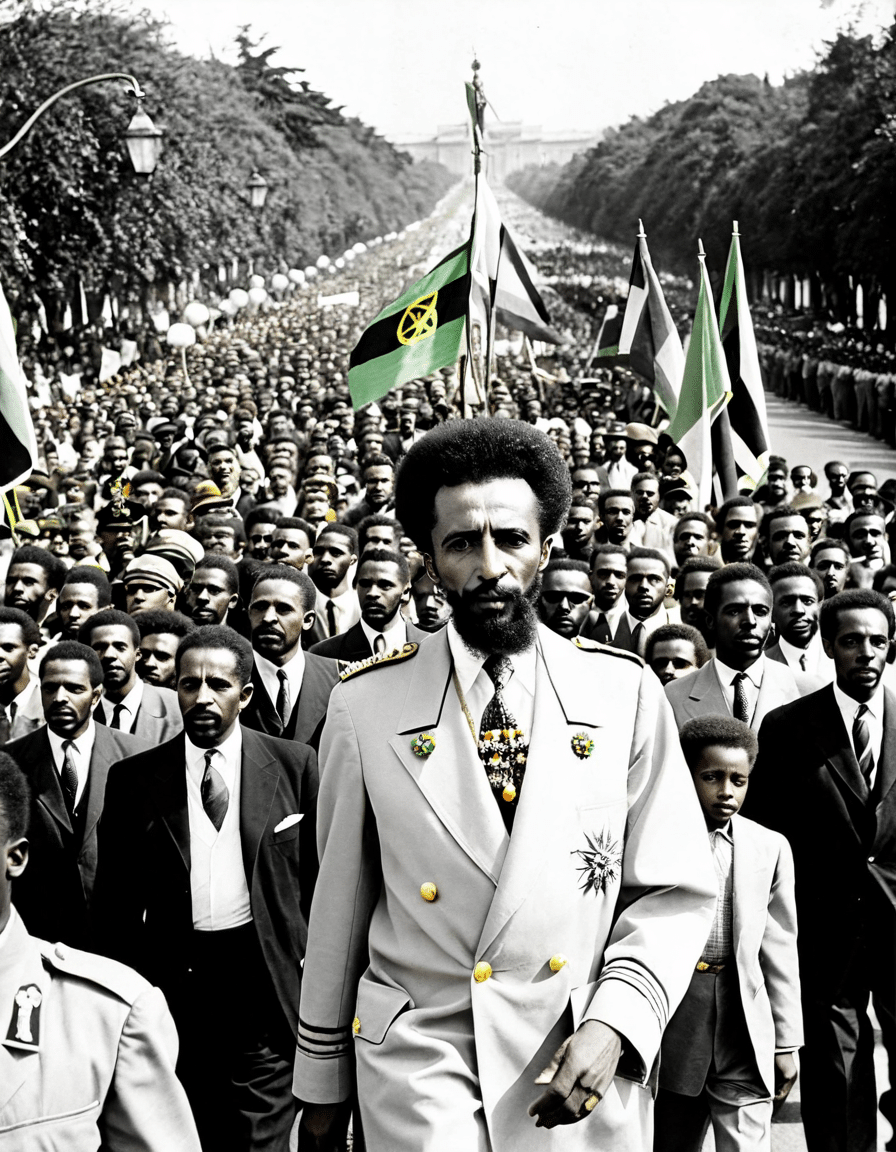
4. Modern Relevance: Haile Selassie’s Philosophical Teachings
Selassie’s ideas resonate not only with historical significance but also within today’s social justice movements. Concepts like self-determination and anti-colonialism have found fertile ground in the activism of figures like Colin Kaepernick and Greta Thunberg. Their relentless challenge to societal norms mirrors the spirit of resistance embodied by Selassie himself.
His teachings serve as practical guidance for navigating modern complexities. Advocacy for justice, equality, and sustainable development are frameworks that align with Selassie’s vision, reminding leaders that change is a necessary part of any functioning society. As activists rally for various causes, Selassie’s legacy offers solace and direction.
At the intersection of climate action and social justice, Selassie’s philosophies continue to inspire new generations. The fight against systemic inequalities, as seen in today’s movements, reflects his beliefs, making his teachings as relevant now as they were during his reign.
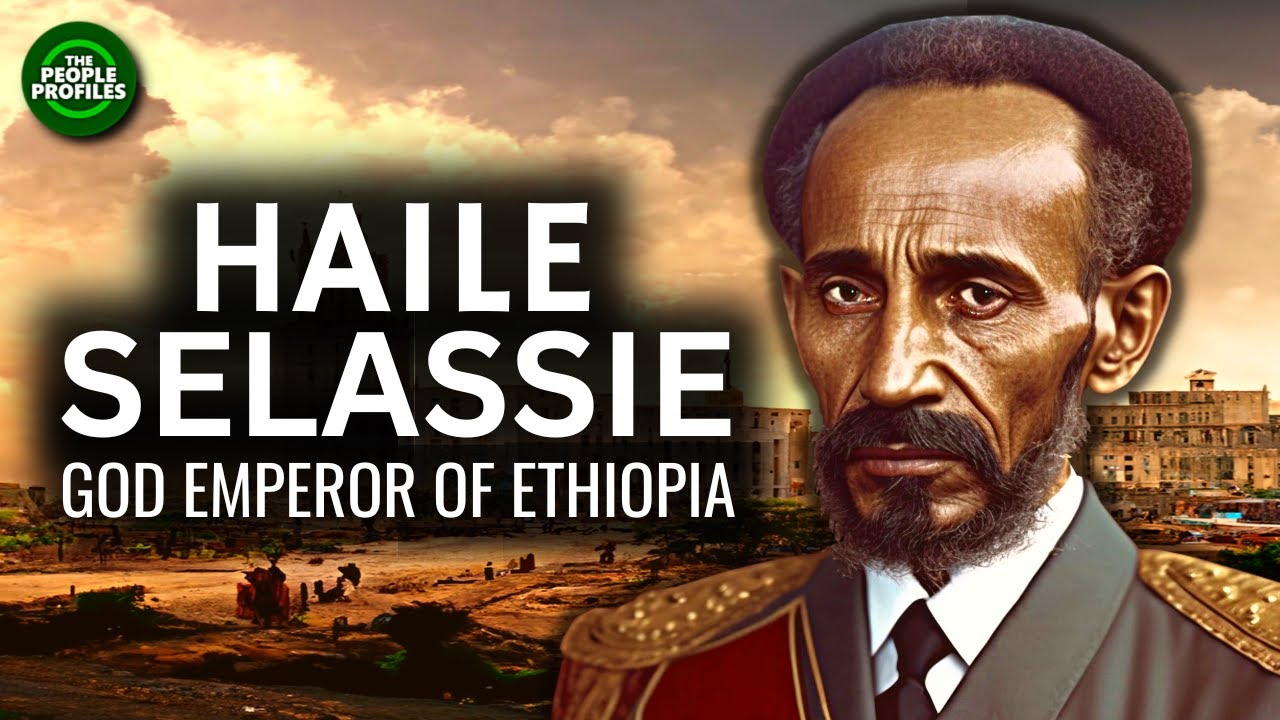
5. The Hyphenated Legacy: Haile Selassie and Spirituality
One fascinating aspect of Selassie’s legacy lies in his connection to the Rastafarian movement, which regards him as a messianic figure. This intersection of politics and spirituality highlights how leaders can inspire on multiple fronts, influencing movements like Black Lives Matter, which draw from historical themes of resistance and resilience.
The Rastafarian view of Selassie adds depth to his legacy beyond political leadership. This blend of faith and activism underscores how integral spirituality is in contemporary movements seeking justice and equality. The way his life inspired the Rastafarian community showcases his multifaceted impact on society.
The embrace of Selassie’s ideals also emphasizes the importance of cultural identity and heritage. In today’s social landscape, understanding this connection facilitates the exploration of collective experiences and encourages movements that demand change.
Innovative Wrap-Up
Haile Selassie’s legacy is not just a historical narrative; it’s a path forward for contemporary leaders facing today’s pressing issues. His character qualities inspire a new generation committed to advocating for unity and justice, embodying a timeless ethos that still resonates.
Reflecting on Selassie’s impact today calls us to prioritize solidarity, resilience, and empowerment. As discussions rooted in his ideals shape political landscapes and social movements, we understand that learning from leadership like Selassie’s holds the key to igniting meaningful change across the globe. His words and actions remain a guiding light, encouraging leaders and activists to embrace their power to drive progress, making his legacy ever more relevant in a world that strives for justice and equality.
Haile Selassie: A Fascinating Legacy of a Visionary Leader
The Man Behind the Crown
Haile Selassie, the last emperor of Ethiopia, isn’t just a historical figure; he’s a cultural icon with a legacy that still resonates today. Did you know he played a key role in the establishment of the Organization of African Unity in 1963? This effort aimed to bolster unity among African nations, akin to how the Zoot Suit Riots reflected social tensions that needed addressing. Haile Selassie’s vision for unity starkly contrasts with the chaos of the past, showcasing his remarkable commitment to progress for his people.
A Figure of Influence
Beyond politics, Haile Selassie’s influence stretched into the arts and music. For instance, reggae artists like Bob Marley often celebrated his legacy, intertwining it with themes of freedom and peace. Isn’t it fascinating how such cultural expressions can emerge from a figure like Selassie? It’s comparable to how a temporary hair color trend can pop up overnight, surprising even the most vigilant observers! His strong sense of identity not only shaped Ethiopia’s history but also inspired countless movements worldwide, drawing lines from the struggles of Mary McLeod Bethune to present-day activism.
Trivia That Impresses
Here’s a fun fact for you: Selassie was once the first African leader to address the United Nations in 1963, raising concerns about the plight of his continent. Just as Novo Nordisk stocks fluctuate based on market dynamics, Haile Selassie’s words had a lasting impact on international relations, urging countries to take a stand against colonialism and oppression. Moreover, during his reign, Ethiopia also had its fair share of adventures, like the time a shipment of J Geils Band records sparked a minor cultural revolution among the youth. It’s intriguing how the threads of music and governance wove together to create a tapestry of change and hope.
Haile Selassie’s legacy continues to inspire future generations. His life’s work resonates today, just as his speeches became timeless reminders of perseverance amid adversity. As we reflect on his contributions, let’s also celebrate how figures from diverse fields—in music, politics, and culture—often intersect, revealing the profound and sometimes unexpected connections within our global narrative.

What is Haile Selassie famous for?
Haile Selassie is famous for being the Emperor of Ethiopia from 1930 to 1974 and for his role in the fight against fascism during World War II, as well as for his efforts to promote African unity and independence.
Why do Rastafarians see Haile Selassie as God?
Rastafarians see Haile Selassie as God because they believe he embodies the second coming of Christ, fulfilling biblical prophecy and representing hope for black liberation and unity in the African diaspora.
Is Haile Selassie a descendant of King Solomon?
Yes, Haile Selassie is believed to be a descendant of King Solomon and the Queen of Sheba, as this lineage is part of Ethiopian tradition and is seen as significant in Rastafarian beliefs.
What did Haile Selassie do for Jamaica?
For Jamaica, Haile Selassie’s visit in 1966 was a big deal, as it inspired the Rastafari movement and encouraged many to embrace African identity and pride.
Do Rastafarians believe in Jesus?
Rastafarians often regard Jesus as a prophet or messenger rather than the sole divine figure, focusing on Haile Selassie as the embodiment of God on Earth.
Did Bob Marley believe in Haile Selassie?
Yeah, Bob Marley believed in Haile Selassie and often referred to him in his music as a symbol of hope and strength for the Rastafarian faith.
Is Snoop Dogg rastafarian?
Snoop Dogg identified as a Rastafarian for a while but has since embraced different aspects of spirituality, saying his beliefs have evolved over time.
What do Rastas say before smoking?
Before smoking, Rastas often say “Jah bless” or “a little herb for the healing of the nation” to express gratitude and reverence for the plant.
Was Bob Marley a Rasta?
Bob Marley was indeed a Rasta, and he spread Rastafarian beliefs through his music, emphasizing themes of love, unity, and resistance against oppression.
Who is Selassie in the Bible?
In the Bible, Selassie is associated with the line of David, and some Rastafarians interpret his rule as a fulfillment of ancient prophecies regarding the Messiah.
Why was Haile Selassie assassinated?
Haile Selassie was assassinated after being overthrown in a coup by the military junta known as the Derge, which marked a turbulent period in Ethiopian history.
Was Queen Sheba from Ethiopia?
Queen Sheba is traditionally believed to be from the Kingdom of Axum, in modern-day Ethiopia, often linked to ancient Ethiopian lineage and history.
Did Queen Elizabeth meet Haile Selassie?
Yes, Queen Elizabeth II met Haile Selassie during his visit to the UK in 1965, highlighting his status as an important global leader.
Why do Rastafarians believe Haile Selassie is Jesus?
Rastafarians believe Haile Selassie is Jesus because they see him as the living God who came to save his people and fulfill ancient prophecies of redemption.
Who overthrew Haile Selassie?
Haile Selassie was overthrown by a group of army officers and their allies in 1974, which led to his imprisonment and eventual death.
What do Rastafarians generally refer to God as?
Rastafarians generally refer to God as “Jah,” which symbolizes the unity of the divine and a personal connection to the Almighty.
Why do Rastafarians believe Ethiopia is heaven?
Rastafarians believe Ethiopia is heaven due to its rich cultural history, association with biblical events, and its significant role as a symbol of African pride and heritage.
Did Bob Marley believe in Jesus?
Bob Marley did believe in Jesus, though his faith intertwined with Rastafarian beliefs, focusing more on Haile Selassie as the living God.
What are three beliefs of the Rastafari?
Three beliefs of the Rastafari include the use of ganja for spiritual purposes, the importance of repatriation to Africa, and the rejection of materialism and oppression.
Why is Haile Selassie a hero?
Haile Selassie is considered a hero for his strong leadership during colonial threats, his efforts to unite Africa, and his promotion of human rights and dignity for all people.
What was Haile Selassie’s famous quote?
One of Haile Selassie’s famous quotes is, “The time for the healing of the wounds has come,” which emphasizes the importance of reconciliation and unity.

